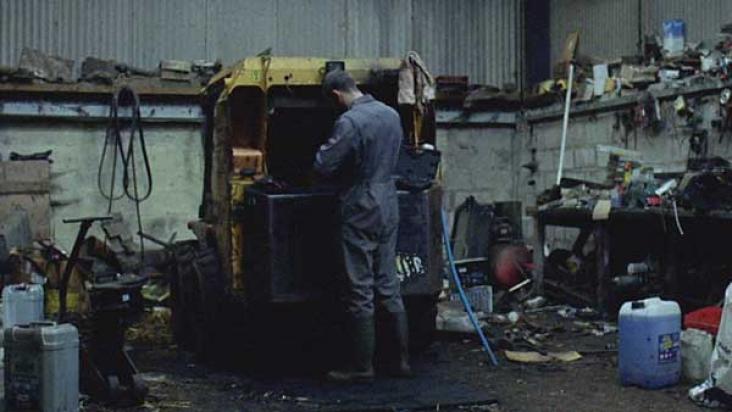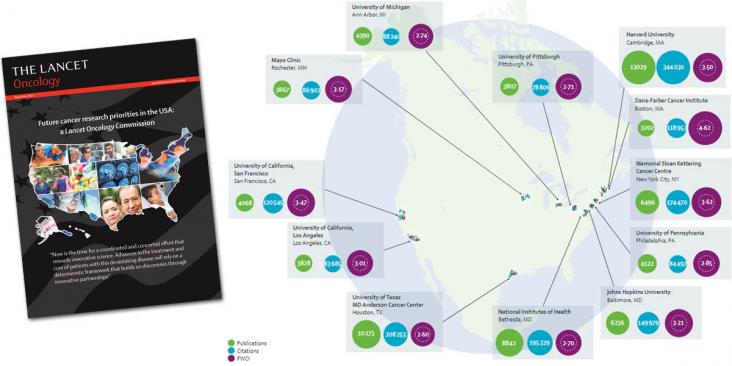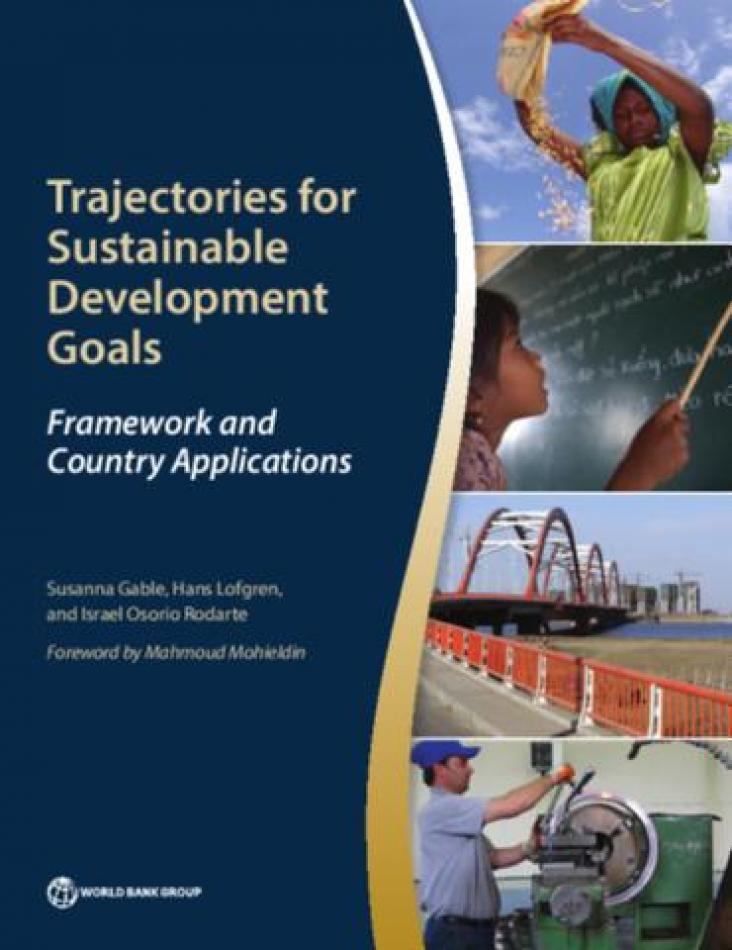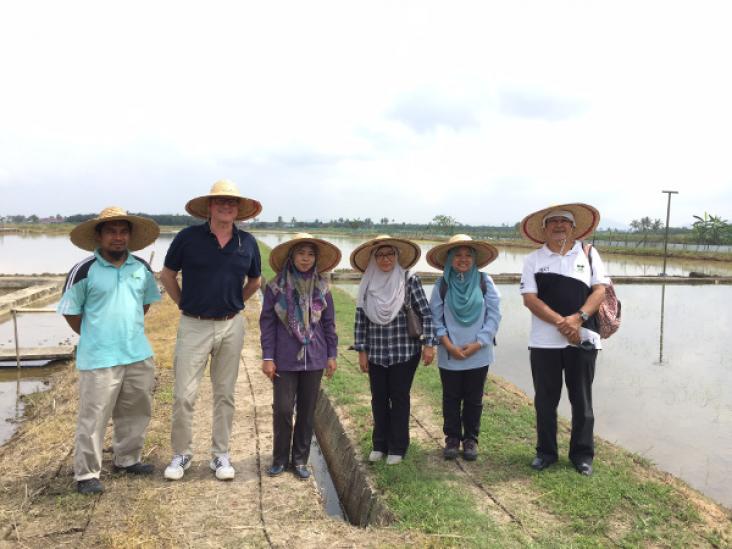
In the traditional farming community many homosexual farmers are struggling in silence with their sexuality. In a profession where suicide rates are among the highest in the UK, a new film is aiming to break the silence. This helps support SDG 3 (good health and well-being) and SDG 10 (reduced inequalities).
Elsevier,
Hematology/Oncology Clinics of North America, Volume 32, Issue 1, February 2018, Pages 11-21
This content links with Goal 3: Good health and well-being and Goal 10: Reduced Inequalities by providing a summary of current understanding of the cause, cell types, signaling pathways, and effector cytokines implicated in pathogenesis.

Highlighting the data behind stillbirths to bring about change, this article and video supports SDG 3. 2.6 million babies worldwide are stillborn each year. The majority of these are preventable. The Lancet partnered with the London School of Hygiene & Tropical Medicine to find solutions to end this silent scandal.

A fundamental shift in how cancer research is conducted and how cancer care is delivered in the United States is required in order to deliver on the Cancer Moonshot initiative, according to a major new report called The Lancet Oncology Commission: Future Research Priorities in the USA. Authored by over 50 leading oncologists, including members of leading US cancer organizations, the report sets out 13 key priority areas, each with measurable goals, to focus the $2 billion of funding released to the National Cancer Institute (NCI) as part of the 21st Century Cures Act.

The Cancer Moonshot initiative directly supports SDG 3, Target 3.4 and Indicator 3.4.1. Joe Biden, former VP, and YS Chi, Chairman of Elsevier and Director of Corporate Affairs at RELX Group, received Humanitarian of the Year awards from the United Nations Association of New York (UNA-NY).

How can innovations in chemistry, energy, and biotechnology jointly be applied in low-resource settings for the benefit of a community?
This LabLinks meeting combines the expertise in the applied biosciences of Trends in Biotechnology, Joule’s interest in both scientific and sustainability developments in energy, and Chem’s focus on basic chemical science with relevance to the United Nations Sustainable Development Goals.

This book presents the country development diagnostics post-2015 framework, developed by the World Bank Group to assess the country-level implications of the post-2015 global agenda, as well as brief, ‘at-a-glance’ applications of the framework to ten countries: Ethiopia, Jamaica, the Kyrgyz Republic, Liberia, Nigeria, Pakistan, Peru, the Philippines, Senegal, and Uganda.

This article highlights the winning proposals of the second edition of the Elsevier Foundation Green & Sustainable Chemistry Challenge. The winning proposals were chosen for their innovative green chemistry aspects and their large positive impact on the environment, contributing to SDGs 3, 8, 13 and 15.

The winner of the first ever Green and Sustainable Chemistry Challenge, Dr Suzana Yusup, invited Rob van Daalen (publisher Chemistry and initiator of the Challenge) to make a site visit to see the progress of her project "Biopesticide for Improvement of Paddy Yield". The visit made clear that the Elsevier sustainability program and specifically this challenge have a positive impact on health, environment and society in local communities in Malaysia, enhancing efforts to advance SDGs 1, 6, 12 and 15.

With so many adults living with a serious mental health impairment, it is important to create a good mental health work environment for employees. These eight steps can be used to create a good mental health work environment for employees, while at the same time maintaining compliant policies and practices. The goal of SDG target 3.4 is to reduce premature mortality from non-communicable diseases through prevention and treatment and promote mental health and well-being.
